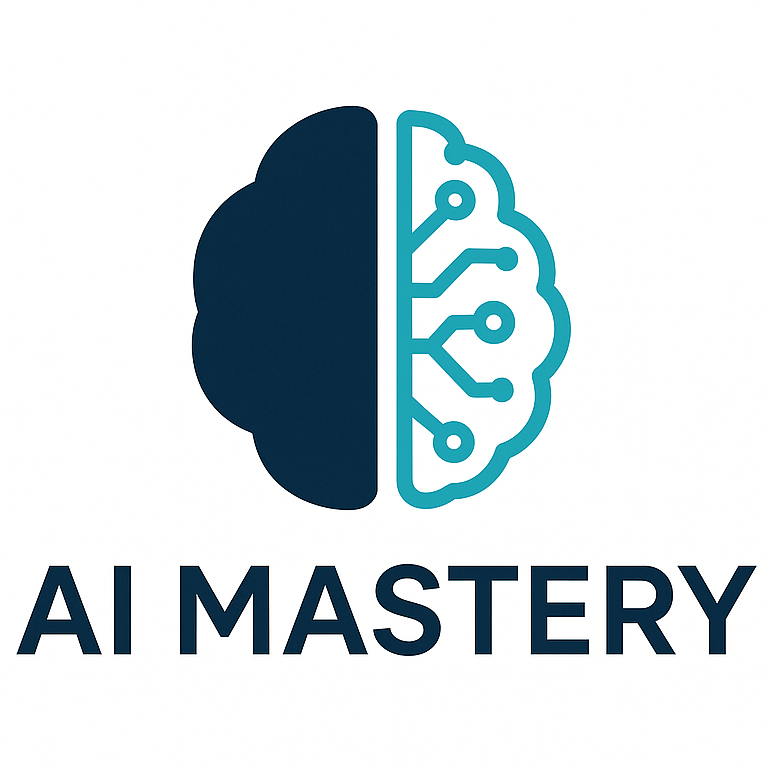
Is ChatGPT Making Us Dumber? What MIT’s Brain Scan Study Reveals
Jun 24, 2025Can a writing aid designed to operate quietly have the unintended consequence of stifling very skills intended to enhance? A study out of MIT recently claims ChatGPT is doing exactly that – and doing so to young and growing minds.
In an era when ever-increasing numbers of pupils are reaching for AI to do their essay writing, homework, and yes, even brainstorming, there is now a very scary question being asked by researchers: When we cease to think for ourselves, then what?
As per the research of MIT, the mental expense may be higher than we think.
What the MIT Study Actually Revealed About AI and Brain Activity
The study, run by Nataliya Kosmyna, a researcher at the MIT Media Lab, monitored the brains of 54 volunteers between the ages of 18 and 39 with EEG scans as they wrote SAT-style essays. Volunteers were grouped into three categories: one who used ChatGPT, one who used Google Search, and one who did not use a tool.
The results were stark:
- The ChatGPT users had the lowest level of brain activity, especially in areas related to attention, memory, and creativity.
- By their third essay, most ChatGPT users had been using the tool virtually exclusively, pasting in prompts and making cosmetic changes.
- Teachers described these essays as "soulless" and nearly identical in form and tone.
- Told to do their essays over again -- without using AI -- members of ChatGPT could not remember what they had written.
But the “brain-only” group had clear cognitive activation during sessions. Their EEGs were animated with alpha, theta, and delta activity -- indicators of divergent thinking, memory recall, and robust semantic processing. Even the Google Search group showed robust neural activity, with searching, evaluating, and assimilating information.
The bottom line: once some students started to use AI to skirt the thinking process, they did not switch back. Activity within the prefrontal cortex, the region of the brain where we reason and make decisions, decreased regularly with time.
The Risks of Convenience: Its Consequences for Student Development
The findings have real-world significance outside of the scholarly level. They have to do with how young minds develop, or do not develop, within an AI-mediated environment.
"Developing brains are at the highest risk," Kosmyna warned, pointing to the danger of childhood introduction to thinking shortcuts.
Critical thinking, creativity, and memory are not only the products of essay writing but are themselves the muscles to be practiced with essay writing. As AI lowers the "friction" of learning, it lowers the necessary struggle to build deep paths of cognition.
Psychiatrist Dr. Zishan Khan also warned, speculating that AI reliance among children and teenagers would reduce the pathways within the nerves to create memory, build resistance, and learn.
And it’s not just writing. Kosmyna referred to even more alarming preliminary results of one of those AI-in-software-development follow-up studies. AI-based writers also scored lower on cognitive engagement, with potential effects on an industry-wide level.
Why "Soulless" Essays Are a Symptom, Not the Problem
Let's not demonize ChatGPT — it is a very good tool. But tools are only as good as the use we give them.
The MIT study isn't arguing AI is fundamentally awful. In fact, when used appropriately, generative AI really can enhance learning by providing ideas, assisting with structure, and yielding rapid feedback. In one experiment, when given permission to reconsider with ChatGPT after initially working with no ChatGPT, their brain activity actually increased -- a sign of intelligent AI integration helping, not hindering, learning.
But the word here is thoughtful.
Too many are treating ChatGPT as an automatic essay generator. That’s not learning; it’s outsourcing. Both are trades of critical skills you can’t download or copy and paste.
So what are educators, parents, and students to do?
- Utilize AI as a calculator and not as a crutch. Its utilization is to support and not replace the learning process.
- Enforce systematic limitations. For example, allow AI to come up with ideas but require original writing of first drafts.
- Offer instruction on digital literacy and cognitive development simultaneously. Understanding how tools work encourages more intentional use.
- Give work to do that requires individual comprehension, sentiment, and originality – the things AI cannot feign.
Final Thoughts: The Human Factor Still Comes First
The point is, AI is revolutionary, but thought can't be replaced with AI. AI will get us there faster, but if we do not move slowly enough to actually think, then we are going to get nowhere good. ChatGPT is not going to remember your thoughts, struggles, or epiphanies — but your brain will, if you let it. As we embrace educational applications of generative AI, let's not forget the golden rule: AI is only a tool. Your brain comes first. Always.
Want weekly tips to grow smarter with AI?
📬 Subscribe to the newsletter and get practical advice on automation, content, and growth—straight to your inbox.
We hate SPAM. We will never sell your information, for any reason.

